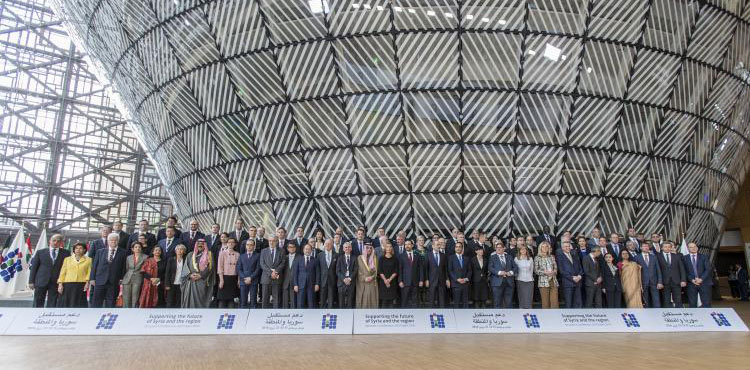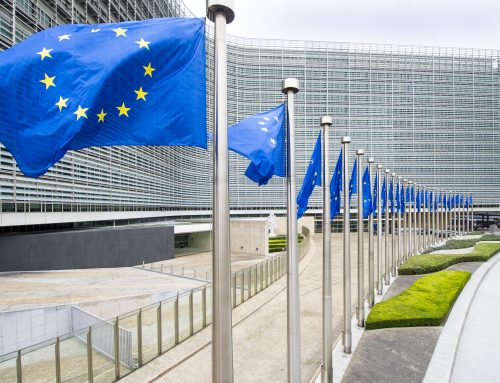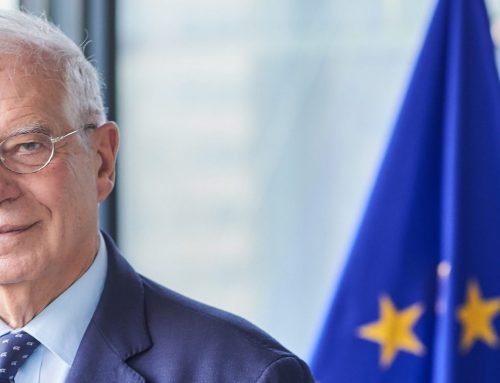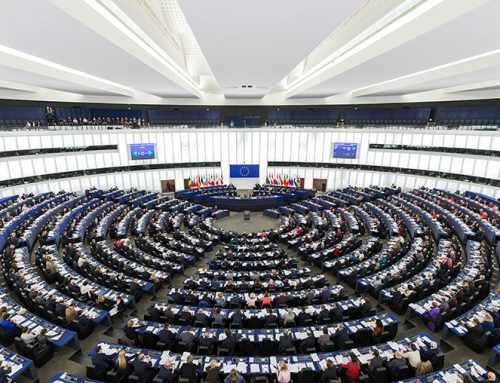Over the past two days, the EU and the UN have co-chaired the Brussels II Conference “Supporting the Future of Syria and the Region”. The Conference brought together delegations from over 85 countries, international organisations and civil society, who collectively committed to continued engagement and support for a UN-led political solution in Syria and for Syrians and the neighbouring countries.
At the joint EU-UN press conference yesterday, High Representative/Vice-President Federica Mogherini said: “There was common ground in reconfirming that there is no military solution to the war in Syria and that there is a need, recognised by everybody, to relaunch the political process. There is also agreement on the key role of the UN in leading this process to ensure that the political process is meaningful, inclusive, and represents all Syrians in intra-Syrian talks, and that this takes place in line with the UNSC resolutions already adopted”.
Commissioner for Humanitarian Aid and Crisis Management, Christos Stylianides, concluded the Conference announcing the global commitment of €3.5 billion for 2018, as well as multi-year pledges of €2.7 billion for 2019-2020. The EU and Member States contributed with €4,8 billion out of the €6.2 billion pledged until 2020, which corresponds to some 77% of all funds pledged during the Conference.
The Commission itself pledged new funding of €560 million for 2019 for assisting refugees inside Syria, Jordan and Lebanon, thus maintaining the level of its engagement. This reconfirms the EU as the leading donor for the Syria crisis.
Commissioner for Enlargement Negotiations and Neighbourhood policy Johannes Hahn highlighted that: “Creating and maintaining perspectives for a decent life beyond war is a focus of the EU efforts. The only way forward is to foster inclusive economic growth in the countries hosting Syrian refugees, not just for this moment but for the longer term: creating job opportunities and better education, fostering an atmosphere of confidence for investors, improving the business climate and investing in individuals. The EU is more than a donor. It is also a partner on the pathway towards economic recovery, building a better future for the region”.
The co-chairs, supported by all the participants, adopted a Joint Declaration including specific annexes on the pledging commitment and on supporting the resilience of host countries (Jordan, Lebanon, Turkey). The Joint Declaration reflects the breadth of the continued international community’s engagement for Syrians and neighbouring countries for the coming years. This includes both significant political and financial support and will be accompanied by renewed, coordinated and collective efforts for securing a peaceful future for Syrians, as well as regional stability




